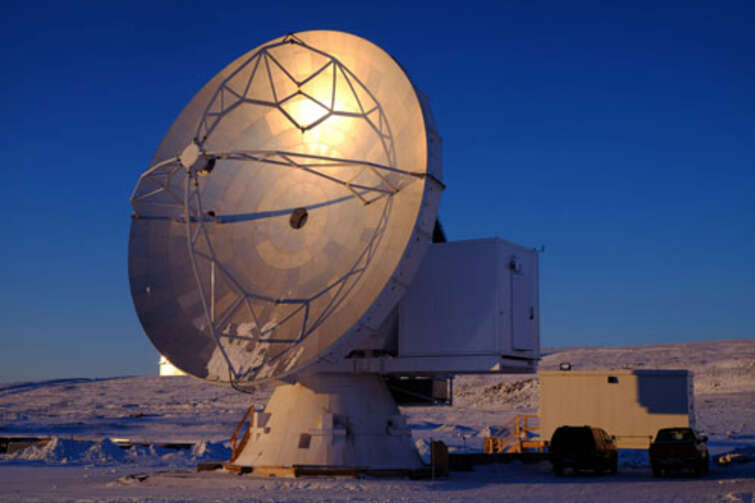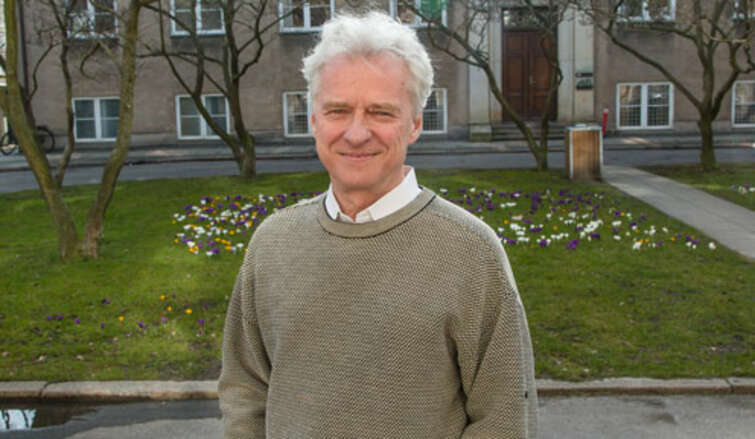
News about Science
Viser 2497 til 2520 af 3175 dokumenter.


Congratulations to Filippo Botta

Risk and unnaturalness cannot justify EU’s strict policy on GMO

Nanocomponent is a quantum leap for Danish physicists

Nanocomponent is a quantum leap for Danish physicists

Taus Munck Hansen

Greenland Telescope to image black holes by moving onto the Greenland ice sheet

Honorable invitation to Deividas Sabonis, PhD student at Center for Quantum Devices, NBI

Ærefuld invitation til Deividas Sabonis, Ph.d. studerende ved Center for Quantum Devices, NBI

Eugene Polzik receives Villum Investigator grant for pushing the boundaries of quantum mechanics

Olga Lia Dimopoulou

Congratulations to Søren Borg Nielsen

Søren Borg Nielsen

Long-distance quantum information exchange - success at the nanoscale

Martin Olesen

Two new spatial datasets established

Irene Tamborra, associate professor at the Niels Bohr Institute, receives scientific prize

Mikkel Bloch Lauritzen

Gorm Galster

Carlos Francisco Castro Soto Reyes

New CLIMACCESS report on regional climate change

Joint field work activities in Accra

Four young scientists at the Niels Bohr Institute receive Villum Young Investigator grants

